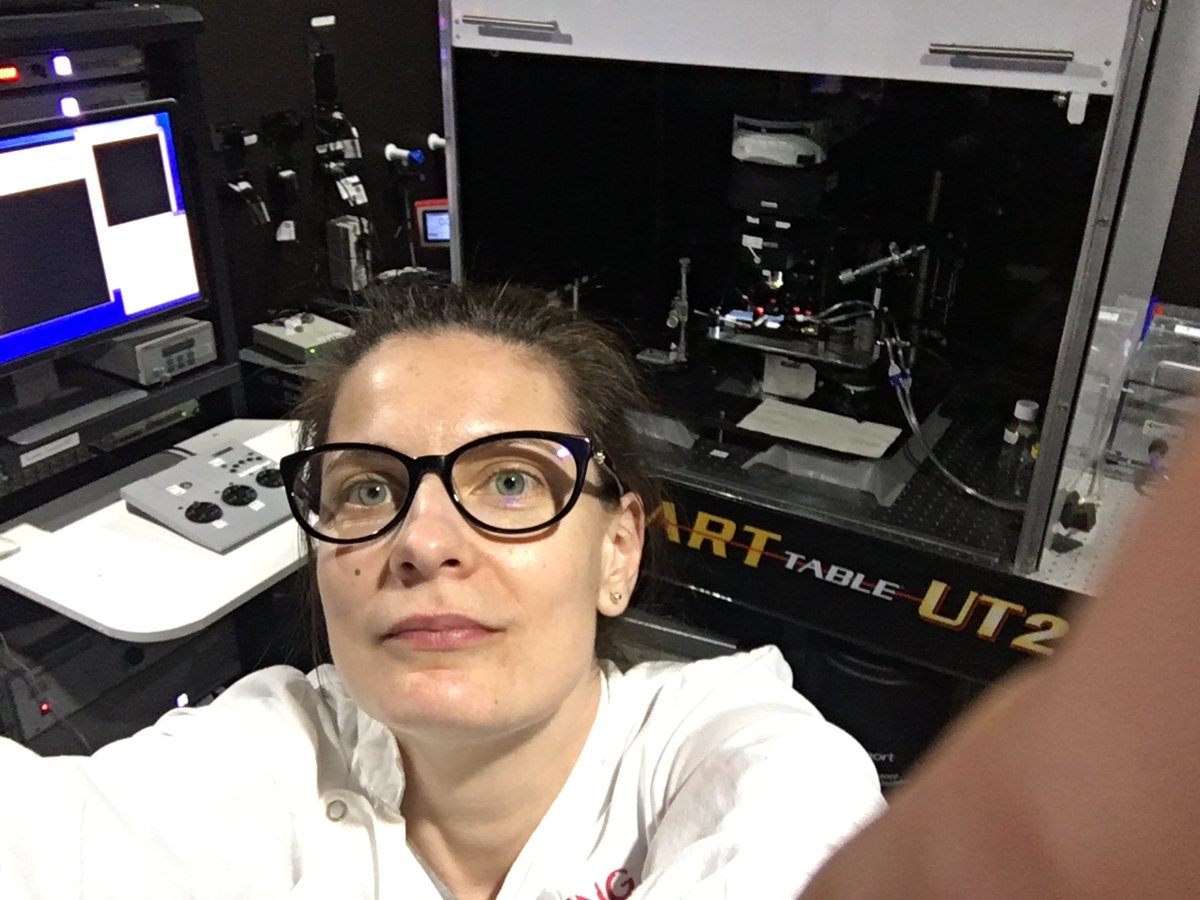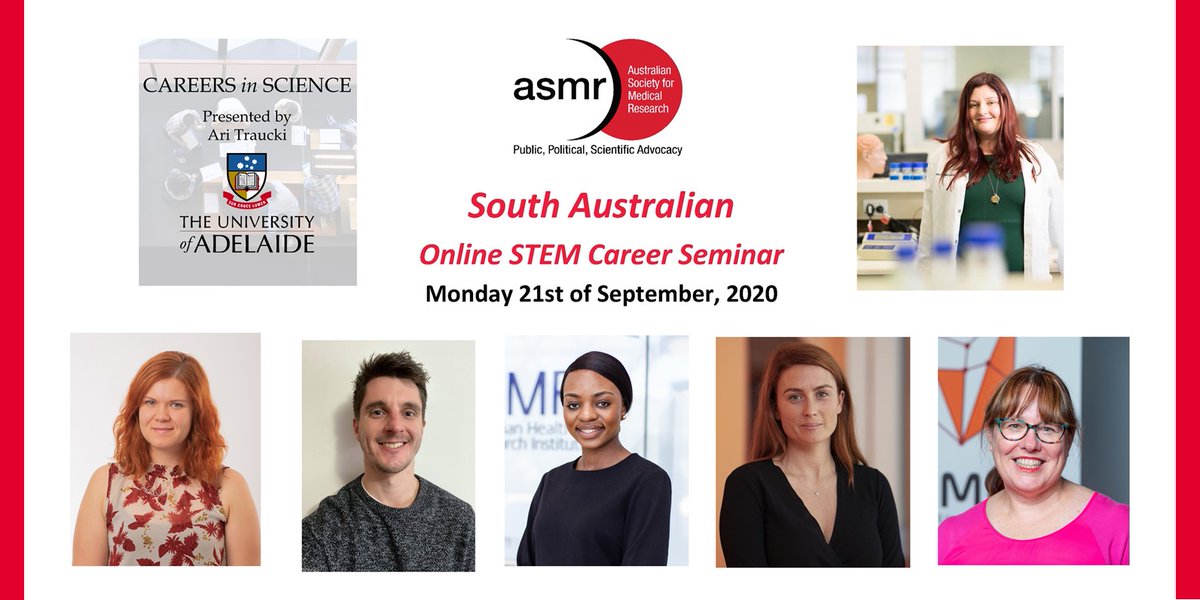Meet Barbora Fulopova @BarbFulop, the PhD candidate at @WickingDementia @UTAS_ that is investigating how synaptic #plasticity changes in familial Alzheimer's Disease
A thread 👇
@AcademicChatter #neuroscience #medicalresearch #Alzheimers #synapse
A thread 👇
@AcademicChatter #neuroscience #medicalresearch #Alzheimers #synapse

Neuroplasticity is the brain’s ability to continuously change its neural connections, which is necessary for storing new information. This phenomenon is crucial for key processes including memory formation, skill acquisition, learning & adapting to our ever-changing environment.
Barbora is a PhD student at @WickingDementia @UTAS_. Her research focus is on understanding how brain plasticity is derived, through studying neural synapses (junctions between cells which are communication hotspots) in neurons from a 🐭model of familial Alzheimer’s Disease. 

The synapses that Barbora is studying are about 0.002mm in size - an average human hair is about 0.1mm in diameter!
“So far I have found that some of the properties of the synaptic structures seem to be stable, while others are highly dynamic”.
“So far I have found that some of the properties of the synaptic structures seem to be stable, while others are highly dynamic”.
Alzheimer’s Disease is the most common form of dementia. In dementia, brain plasticity decreases, and the ability to adapt tends to decrease as well. Barbora’s research will provide more understanding of what happens in the brain at the microscopic level.
In her experiments, Barbora is visualising changes at the synapse, and establishing how these changes may contribute to familial Alzheimer’s Disease pathology. 

“The ultimate dream would be if part of my work could contribute, to some extent, to our knowledge of using neuroplasticity in a clinical setting to help with the prevention and management of neurodegenerative disease.”
Barbora doesn't just put her energy into the science side of research - she has been a valued member on a number of councils and committees. Here she is pictured receiving an appreciation medal from the @AusNeuroSoc Council for her role as the ANS Student Body Chair Member 👏 

Find out more about Barbora's research here:
• • •
Missing some Tweet in this thread? You can try to
force a refresh














